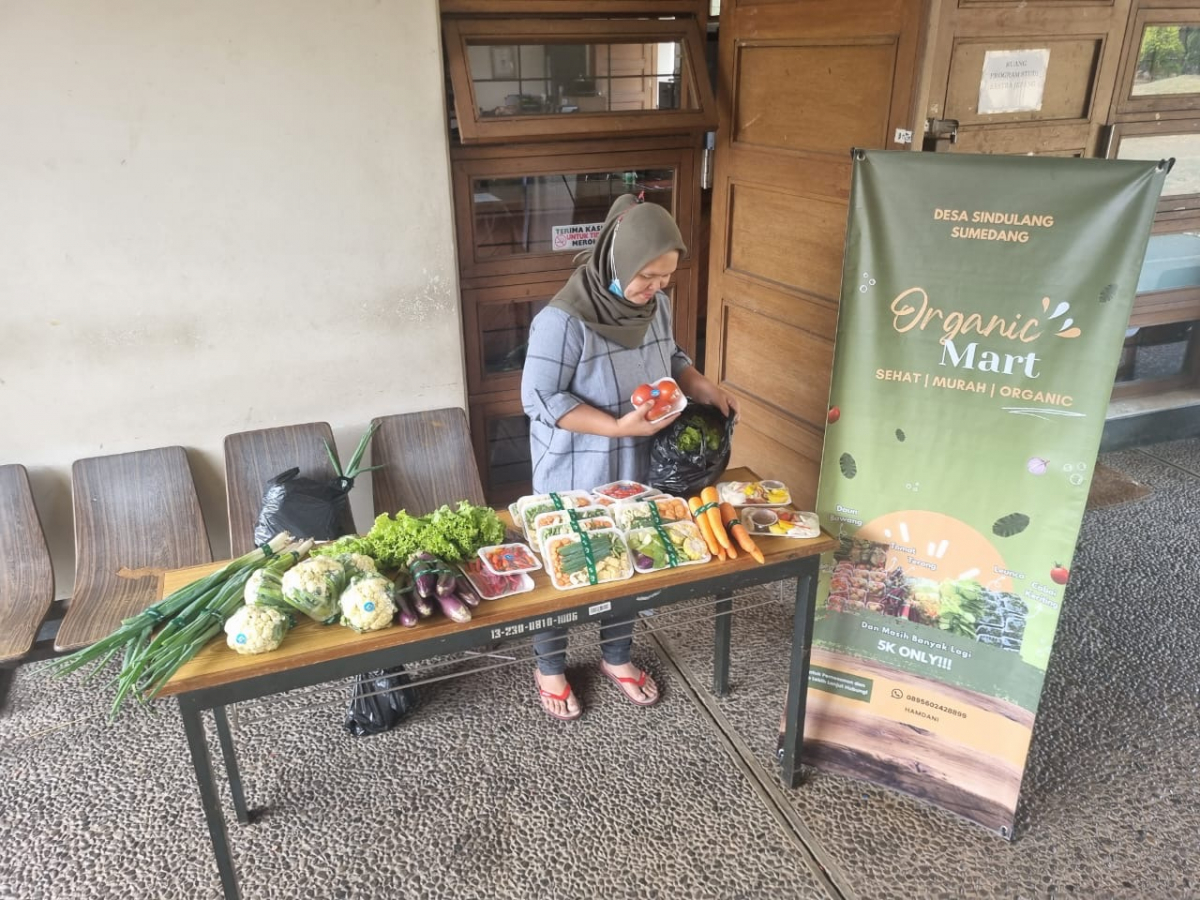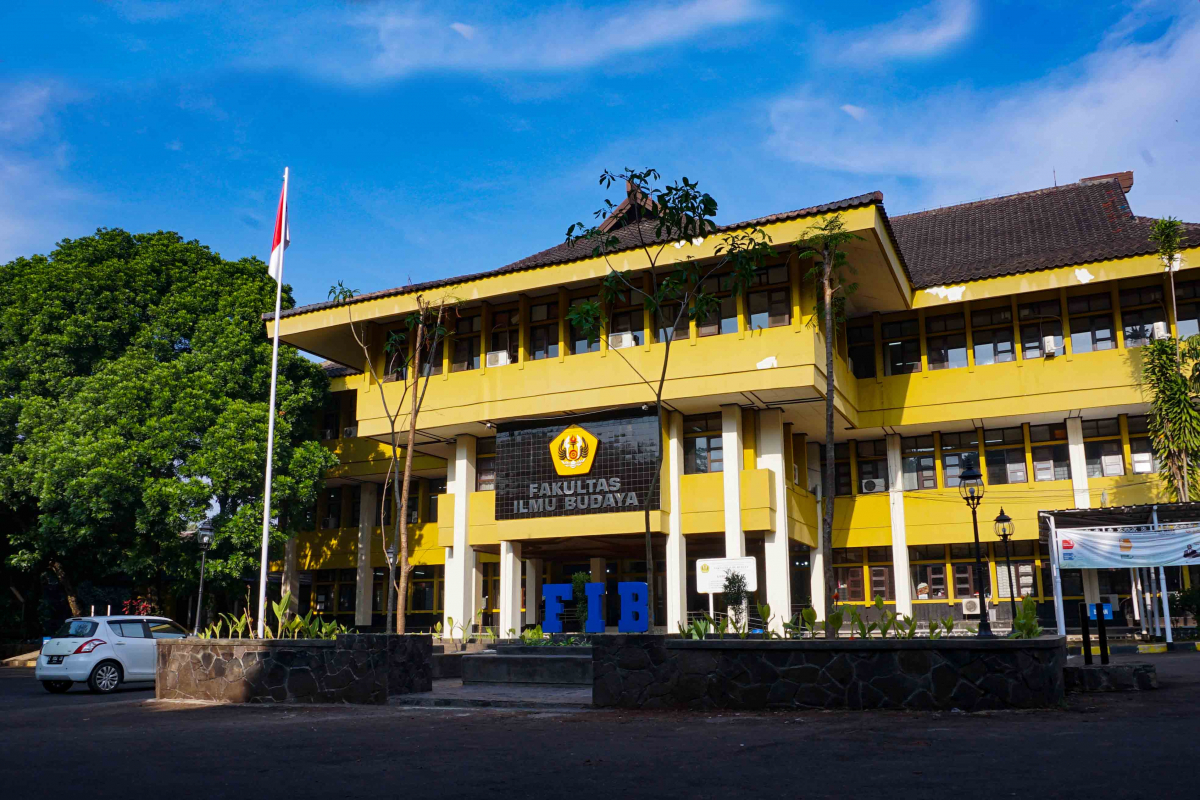FIB and its Many Co-Working Spaces
This year, the Faculty of Cultural Science (FIB) in Universitas Padjadjaran has been provided with a learning environment that facilitates effective hybrid learning for its students and lecturers. In all areas, free WiFi and digital facilities are provided to ensure that both online and offline learning are compatible with productivity, comfort, and community.
When visitors first enter the Main Building of FIB, they can get a glimpse of desks and computers located near the stairs. Here, students who do not have access to their own laptops can use the computers to do their research or work on their assignments. While they work, they can also mingle with students and lecturers at the tables and sofas around the area. For refreshments, they can simply walk over a few steps to the faculty’s very own coffee shop, Poeta. All these facilities, of course, are provided with free WiFi and electric sockets in all tables and corners.
This year, students have also enjoyed working in the well-acquainted back verandah of the Main Building. This semi-outdoor area had once been a simple back garden of the building, but starting in 2023, the faculty has added lights and benches with electric sockets. Now, in 2025, with additional tables more equipped for laptops, students occasionally mingle around to do their group work, write their thesis, or even take a lunch break in between classes. The comfort of this area is also supported by the availability of Wi-Fi as well as multiple charging ports provided to all the benches, making it a perfect ground for both concentration and relaxation.
For students looking for even more quiet and focus, the faculty also provides a library and a student center. In the library, they are provided with individual desks where they can focus on writing their assignments or thesis in complete silence. Besides the books and resources that are available, students can also look through the thesis repository, where they can find past projects from alumni to use as reference material and inspiration for their ongoing research. If this is not enough, they can also visit the student center right next door, where they can find and read specific theoretical texts on linguistics, literature, culture, and/or history.
Although these facilities have been met with positive comments, Dhia, a Cultural Studies Master’s student of FIB, said, “I think that the charging ports should be available more often because on some days, they might be turned off.” Having said this, this year, the faculty continues to improve its facilities, ensuring the best are given to its students. With an increasingly digital learning environment, the faculty hopes to not only adapt to changing needs but also effectively provide an inclusive and supportive atmosphere.
Red. Jauza Maryam Mumtazah


